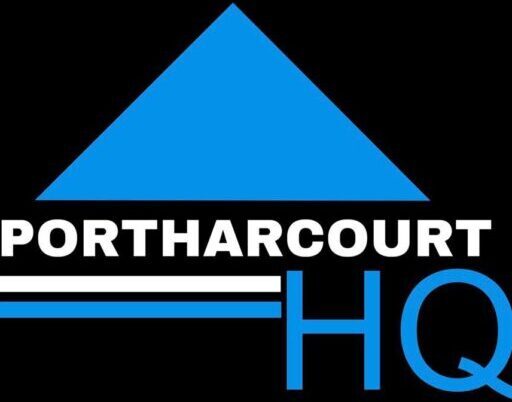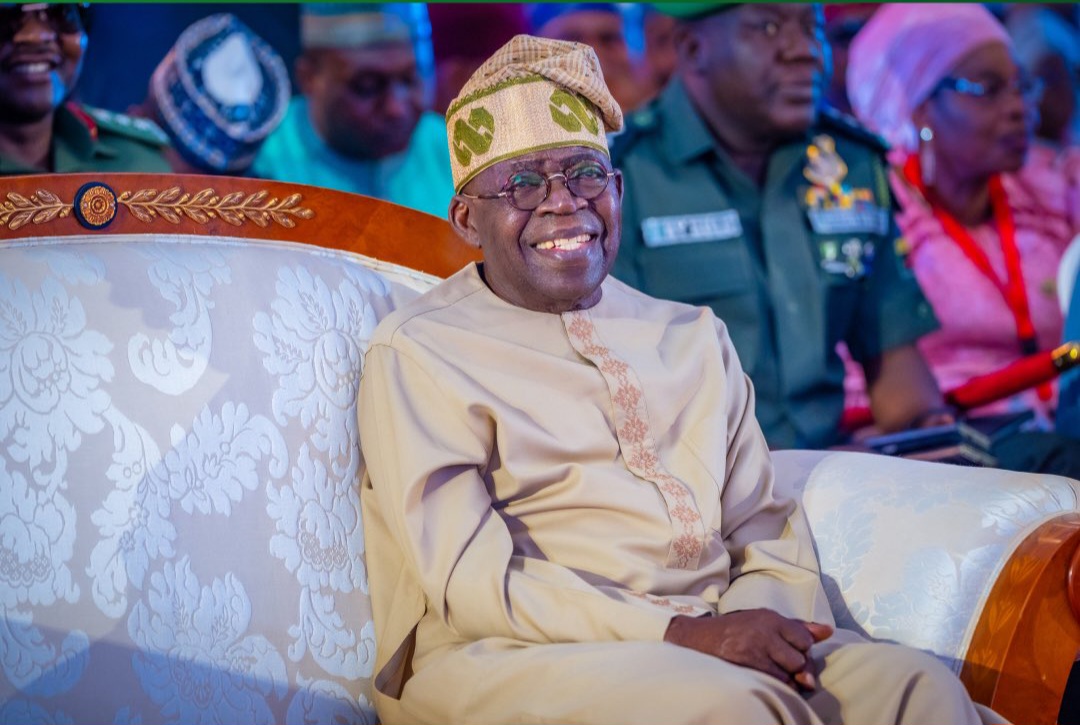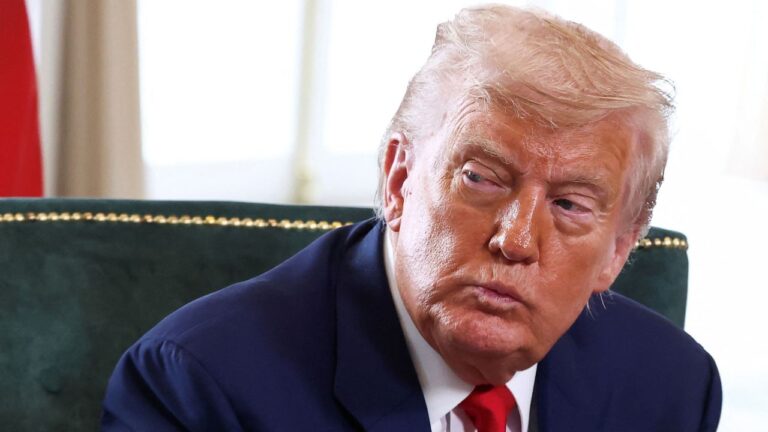President Bola Ahmed Tinubu today marked the second anniversary of his administration with a robust defense of his economic reform agenda, asserting that Nigeria is firmly on the road to prosperity despite early hardships.
In a nationwide broadcast, President Tinubu said bold policy decisions—such as the removal of the petrol subsidy and the unification of foreign exchange windows—were necessary to avert an economic collapse.
“Our economic reforms are working,” Tinubu declared. “The only alternative was a fiscal crisis that would have bred runaway inflation, external debt default, crippling fuel shortages, a plunging Naira, and an economy in free-fall.”
Acknowledging the pain experienced by citizens, Tinubu pointed to what he called “undeniable progress,” including early signs of easing inflation and falling prices for essential staples such as rice.
Economic Indicators Show Recovery
The President outlined significant gains in several sectors. Rig counts in the oil and gas industry have surged by over 400% since 2021, attracting more than $8 billion in new investments. Fiscal discipline, he said, has led to a sharp drop in the deficit—from 5.4% of GDP in 2023 to 3.0% in 2024. Gross revenues in the first quarter of 2025 exceeded N6 trillion.
Tinubu also announced that the controversial “Ways & Means” financing has been discontinued, and the Nigerian National Petroleum Company (NNPC) is now a net contributor to the Federation Account.
Nigeria’s external reserves grew significantly, jumping from $4 billion in 2023 to over $23 billion by the end of 2024. The country’s debt service-to-revenue ratio also declined. At the subnational level, states recorded an increase of over N6 trillion in revenue in 2024, enabling greater investments in infrastructure.
Tax Reforms and Social Support
Tinubu described taxation reforms as “among the most impactful” of his administration. The tax-to-GDP ratio climbed to over 13.5% in just one year. To shield low-income earners, the President announced 0% VAT on essential goods and services such as food, education, and healthcare. Rents, public transportation, and renewable energy will also be VAT-exempt.
An independent Tax Ombudsman will be established to ensure the rights of vulnerable taxpayers are protected.
Jobs, Youth, and Innovation
On employment and youth empowerment, Tinubu highlighted digital and tech-based initiatives led by agencies like NASENI, including local electric vehicle assembly and drone training programs. He praised reforms in the solid minerals sector, which he said has attracted new investors thanks to a value-added export policy.
Healthcare and Education
Over 1,000 Primary Health Centres have been revitalized, with upgrades ongoing at 5,500 more. The President announced free dialysis services, expanded subsidized maternal care, and a rise in health insurance enrollment from 16 million to 20 million Nigerians.
Education is also receiving a boost, with infrastructure upgrades and the rollout of a new student loan scheme to improve access.
Security, Food, and Infrastructure
On national security, Tinubu commended the armed forces for restoring peace to previously troubled regions. He urged security chiefs to “up their game” as his government continues efforts to sustain peace nationwide.
The “Renewed Hope Agenda” for food security is focused on mechanized agriculture, expanded access to fertilizers and tractors, and new efforts to increase local food production.
Infrastructure projects are ongoing across all six geopolitical zones, including the flagship Lagos-Calabar Coastal Highway. Power generation and transmission are also being enhanced, with a special push for off-grid solar solutions.
Diaspora Engagement and Cultural Diplomacy
Tinubu also unveiled new initiatives to engage the diaspora, including a diaspora bond and a non-resident Bank Verification Number (BVN) to ease financial participation from abroad.
He announced plans for the upcoming Motherland Festival, intended to showcase Nigeria’s cultural heritage and reassert its leadership on the global stage.
Optimism for the Future
President Tinubu concluded his address with a message of hope and gratitude:
“The worst is behind us. The future is bright, and together, we will build a stronger, more inclusive Nigeria.”




